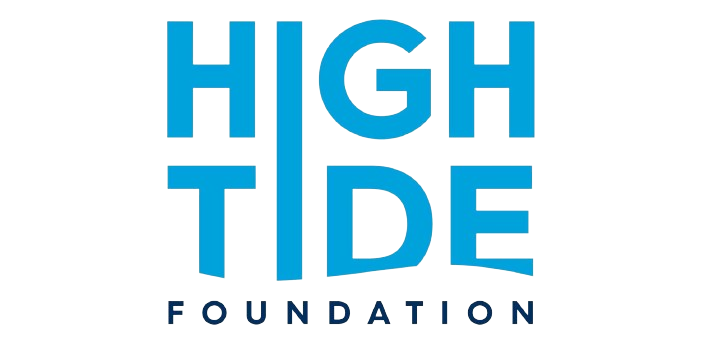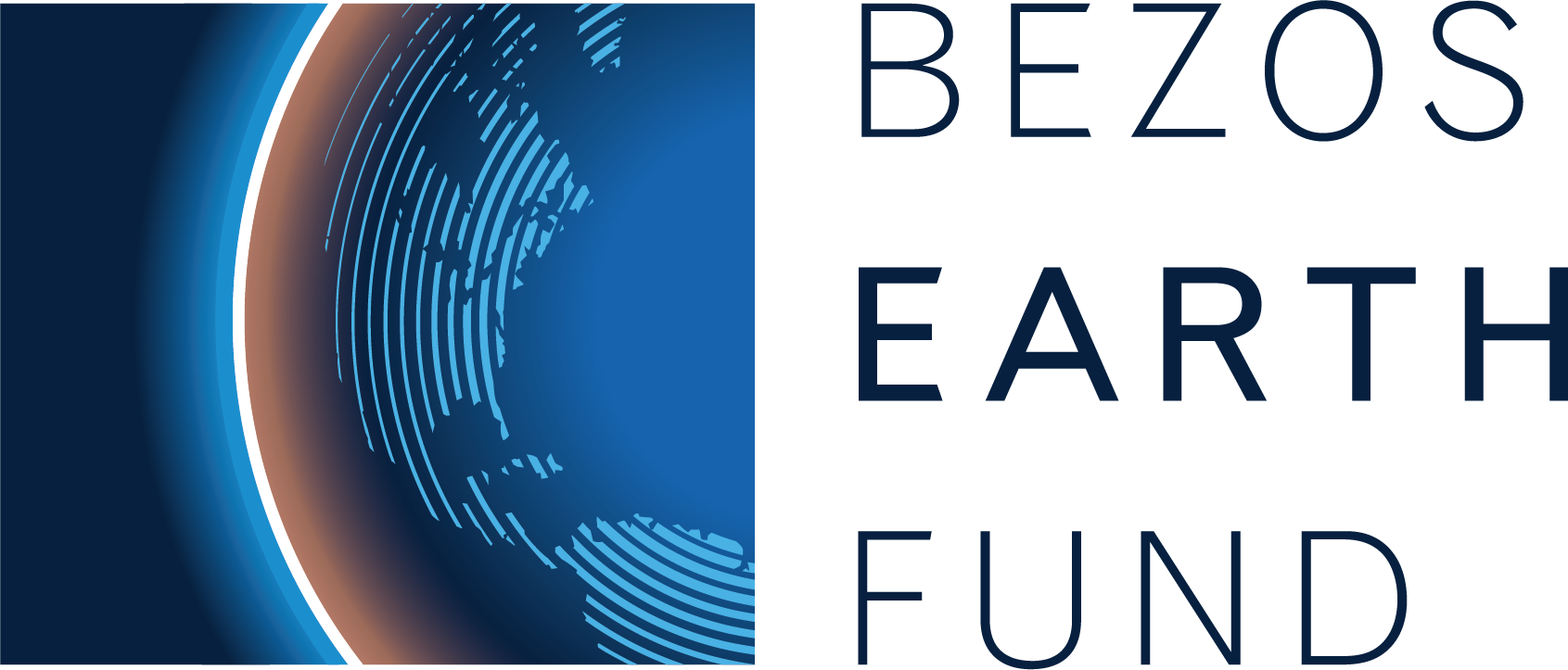Integrity Council approves Biochar & Improved Forest Management methodologies
Written by ICVCM
Published
4 min read
The Integrity Council for the Voluntary Carbon Market today announced that it has approved three biochar and two Improved Forest Management (IFM) methodologies to use its high-integrity CCP label. One further IFM methodology is approved subject to changes being made by the program.
Approved biochar methodologies
- CAR – U.S. and Canada Biochar (Version 1.0)
- Isometric Biochar Production and Storage (Version 1.0)
- Verra VM0044 Methodology for Biochar Utilization in Soil and Non-Soil Applications (Version 1.2)
Biochar is a carbon-rich material produced by heating biomass (like agricultural residues or wood) in a low-oxygen environment through a process called pyrolysis. This process stabilizes the carbon within the biomass, preventing it from decaying and releasing greenhouse gases. When added to soil, biochar acts as a long-term carbon sink, storing the carbon captured from the atmosphere by the original biomass for hundreds or even thousands of years. Biochar is emerging as a popular category in the voluntary carbon market; demand for biochar carbon credits has doubled each of the last two years according to MSCI.
All three biochar methodologies approved by the Integrity Council are new, with no current issuance. Twenty-five projects have been registered under Isometric Biochar Production and Storage with 500,000 credits expected to be issued in 2026. Three projects have been registered under VM0044, with 249,000 credits expected to be issued annually.
Annette Nazareth, Chair of the Integrity Council, said: “Biochar is a rapidly growing segment of the carbon market and the approvals announced today underscore the credibility of this emerging climate solution. We look forward to seeing more projects developed under these newly approved methodologies, adding to the pool of high integrity credits that will soon be available to buyers.”
Approved IFM methodologies
- Verra VM0045 Methodology for Improved Forest Management Using Dynamic Matched Baselines from National Forest Inventories (Version 1.2)
- ACR – Improved Forest Management (IFM) on Non-Federal U.S. Forestlands (Version 2.1), where an appropriate leakage deduction is applied for projects that decrease total wood products produced relative to the baseline
Improved Forest Management (IFM) projects deliver enhanced forestry practices designed to increase carbon sequestration and reduce emissions. These practises range from extending harvest rotation periods, production to conservation measures (maintaining areas of forest for preservation and not harvest) and reduced impact logging (using techniques that minimise damage to forests and soils). IFM represents approximately 4% of the voluntary carbon market.
VM0045 is a new methodology, with no credits issued to date and no projects registered as yet. Two projects are currently undergoing validation and expected to issue 258,000 credits annually.
ACR IFM on Non-Federal U.S. Forestlands (Version 2.1) is an updated methodology, with no credits issued to date. Eighteen projects are listed under this version of the methodology, encompassing nearly 500,000 acres. ICVCM is evaluating ACR IFM (Version 2.0) now and expects to announce its decision in September.
Changes required to IFM methodologies
CAR Mexico Forest Protocol (Version 3)
CAR Mexico Forest Protocol v3 has been approved pending remedial action by CAR to ensure adherence to CCP criteria by revising leakage accounting to allow values consistent with the latest research. Completion of the remedial action must be confirmed by the Integrity Council Board before any carbon credits can be labelled as CCP-Approved.
There is also an accompanying approval condition that requires a minimum 40-year permanence commitment to be in place whilst tonne year accounting within the context of customary initiatives in Mexico is assessed. 8.1 million credits have been issued under this methodology. It is unclear how many credits will become CCP-labelled once the remedial action on leakage and condition on permanence are applied.
NOTES FOR EDITORS
For more information and to arrange interviews please contact:
- Conor Quinn conor.quinn@greenhouse.agency +44 7444 696 214
- Greenhouse Communications icvcm@greenhouse.agency
About the Integrity Council
The Integrity Council for the Voluntary Carbon Market (Integrity Council) is an independent, non-profit governance body, which aims to ensure that carbon markets accelerate climate action.
The Integrity Council aims to set and maintain a voluntary global threshold standard for high quality carbon credits. The threshold standard is based on the Integrity Council’s Core Carbon Principles (CCPs) and is implemented through an Assessment Framework that sets out what high quality means by reference to those principles. The result is the CCP label, which provides a credible, rigorous, and readily accessible means of identifying high-quality carbon credits.







